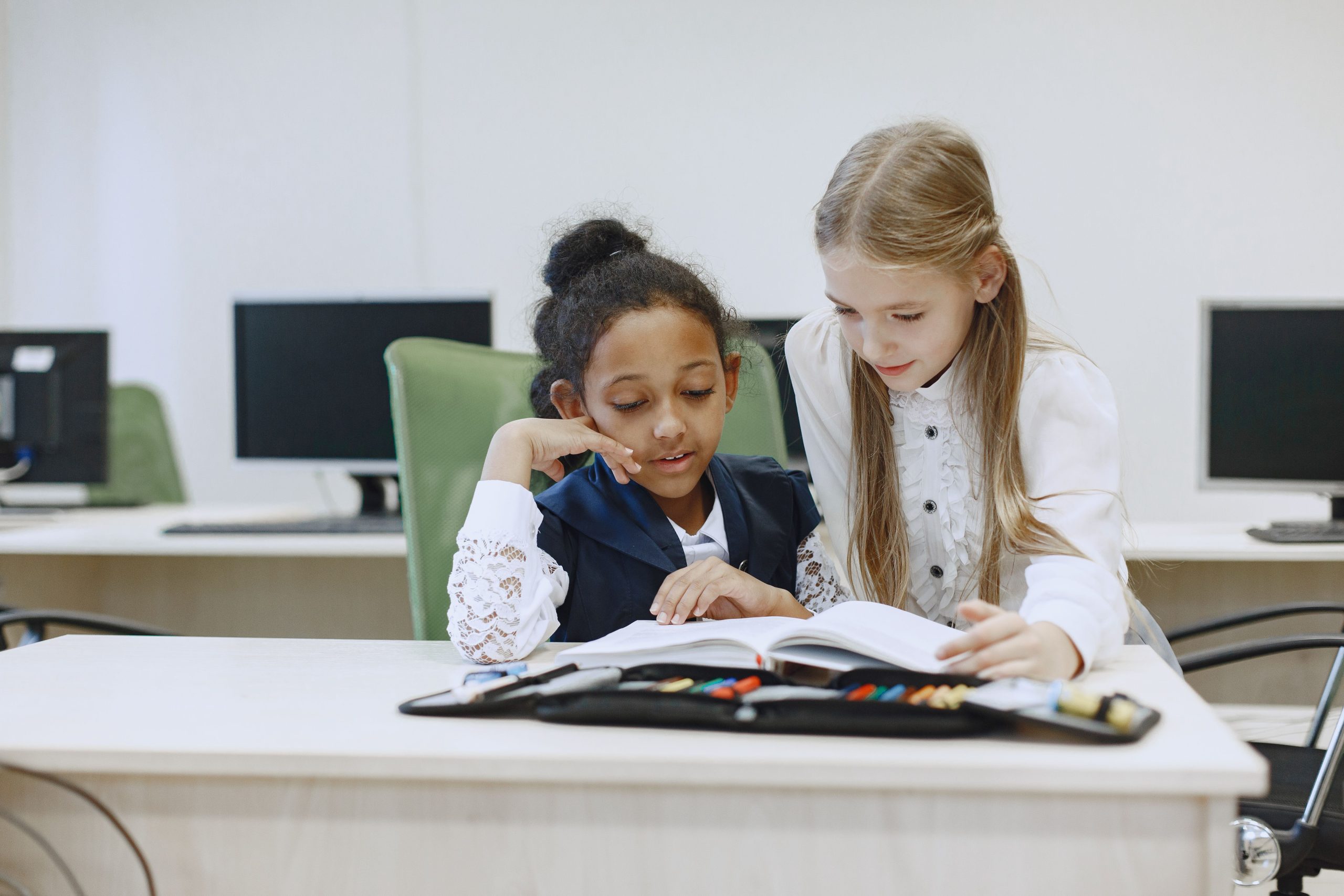
Evaluating Private Tutoring for Preschoolers in Elite Secondary Schools
Elite secondary schools in the United Kingdom are renowned for providing exceptional education, yet many parents still invest in private tutoring for their preschoolers, raising questions about its value.
The Cost of Private Tutoring
Private tutoring services are known to be expensive, ranging from £25 to £100 per hour according to a report by the Sutton Trust. Costs vary based on subject, level, and location, prompting parents to question its worth.
The Benefits of Private Tutoring
Despite the high costs, private tutoring offers personalized attention, aiding preschoolers’ understanding of complex concepts and accelerating learning. Customized teaching and assistance with homework and exams are additional advantages.
The Downsides of Private Tutoring
However, private tutoring may overwhelm preschoolers, leading to stress and anxiety. It can also exacerbate inequalities between affluent and low-income families, widening the academic gap.
Alternatives to Private Tutoring
For families unable to afford private tutoring, elite secondary schools often provide after-school clubs, study groups, and mentoring programs. Free online resources like Khan Academy offer additional support.
Making Informed Decisions
Parents should assess their preschooler’s needs, learning style, and goals when considering private tutoring. They should also weigh its costs, benefits, and downsides against alternative options.
Conclusion: Weighing Costs and Benefits
Private tutoring can enhance preschoolers’ academic performance, but its cost-effectiveness varies. Factors such as individual needs, financial constraints, and potential downsides must be carefully considered.
Real-life Scenarios
Let’s explore scenarios to illustrate the cost-efficiency of private tutoring:
Struggling with a Specific Subject
Sarah, struggling with maths, may benefit from private tutoring to improve her skills and catch up with peers.
Preparing for Entrance Exams
John, preparing for university entrance exams, may find private tutoring worthwhile to achieve his academic goals.
Already Performing Well Academically
Sophie, excelling academically, may not require private tutoring, as alternative resources could suffice.
Financial Constraints
Mark’s parents, concerned about costs, may opt for alternative support methods over private tutoring.
Private tutoring can contribute to a preschooler’s academic success, but it’s not the sole determinant. Other factors like socioeconomic status and mental well-being play significant roles.
Addressing Questions
Let’s address key questions regarding private tutoring:
“Is private tutoring worth the money?”
The value of private tutoring depends on various factors including the child’s needs, quality of tutoring, and family finances.
“What are the benefits and drawbacks of private tutoring for preschoolers in elite secondary schools?”
Private tutoring offers personalized attention and support but can also lead to stress. Balancing its benefits and drawbacks is crucial.
“How does private tutoring impact the academic performance of preschoolers in elite secondary schools?”
Private tutoring can enhance academic performance but is not a guarantee of success. Socioeconomic factors also influence outcomes.
“Can private tutoring help create more secondary school elites?”
Private tutoring may aid in academic achievement, but broader socioeconomic and cultural factors also shape success.
By considering these aspects, parents can make informed decisions about private tutoring’s role in their child’s education.


